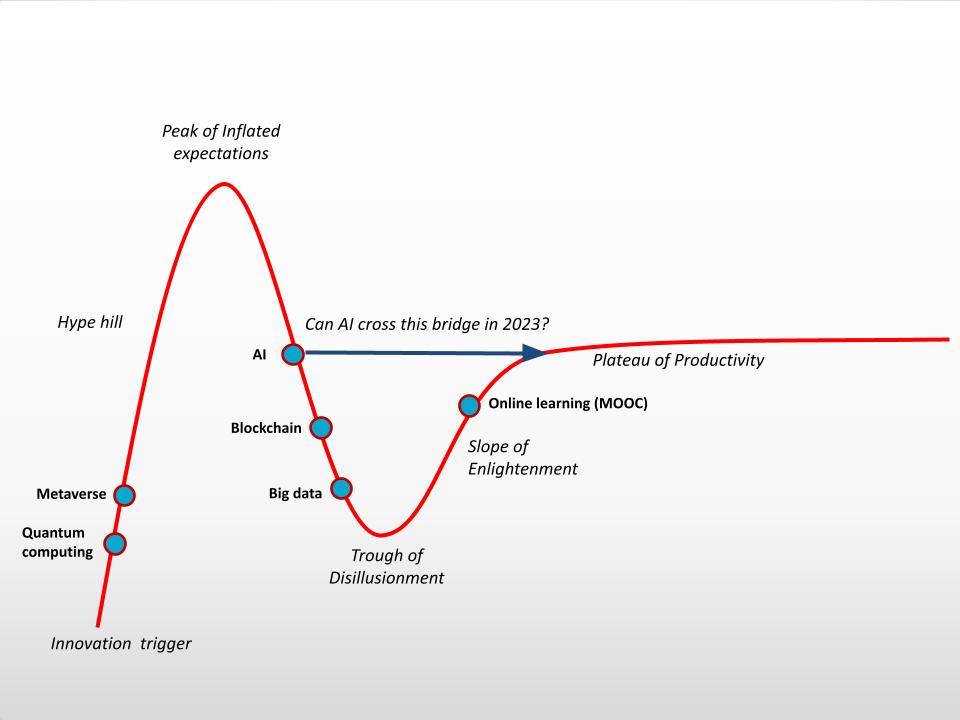Metaverse Diplomacy
What is the Metaverse?

Marc Zuckerberg’s announcement about Facebook’s transition to Meta brought the concept of the metaverse back into the spotlight. Yet, did you know that Diplo has extensive experience in Metaverse Diplomacy since 2007? On this topic page, you can discover what Diplo has done so far on Metaverse Diplomacy and follow what we will be up to next.
Watch the recording of the events:
Traversing the Metaverse: A Caribbean Perspective, with the participation of Diplo’s Vladimir Radunović (Director, Cybersecurity and E-diplomacy) The Metaverse and International Relations, with the participation of Diplo’s Katharina Höne (Director of Research) See also: Pokemon and Diplomacy in Augmented Reality
Diplomacy Island in Virtual Reality
In 2007, Diplo created a Diplomatic Island on metaverse platform Second Life where the Maldives had become the very first country to open a virtual embassy followed by Malta and the Philippines.
This section presents Diplo’s experiments on Metaverse conducted in 2007. You can find further down excerpts from the original website of the 2007 experiment with metaverse diplomacy.
About Diplomacy Island in Second Life
Diplomacy Island is the next step in over a decade of research and development in the field of MetaverseDiplomacy. Through Second Life, Diplo will explore new possibilities for diplomatic representation and interaction. Diplomacy Island will also be another channel for Diplo’s main mission of assisting small and developing countries in participating meaningfully in international relations. At the Island, Diplo will also promote development issues among Second Life citizens.
What is Second Life?
Second Life ( SL) is an Internet-based virtual world with more than five million users worldwide have registered to become part of this virtual world developed by Linden Lab.
The users, or residents, interact with each other through mobile avatars, providing an advanced level of social network services. They can explore, meet other residents, socialise, participate in educational and social activities both individually and in groups, and create and trade virtual property and services with one another.
More than 60 universities have established campuses in Second Life, alongside many companies and media houses. Some of these are Aarhus Business College of Denmark, Harvard University, Leeds Metropolitan University, New York University, Newcastle University, Sheffield Hallam University, Stanford University, the University of Edinburgh and Virginia Tech.
Virtual Embassies at the Diplomatic Island
First Virtual Embassy ever: Embassy of the Maldives
On May 22, 2007, the Republic of Maldives opened the world’s first Virtual Embassy in Second Life. The inauguration of this embassy took place in both the virtual and real world. In Geneva, in front of 200 guests, Mr. Abdulla Shahid, Minister of State for Foreign Affairs of the Republic of Maldives emphasized how information technology and particularly the internet can be harnessed by small countries to help them participate meaningfully in international relations.
The Maldives Virtual Embassy is located on Diplomacy Island in Second Life. It was constructed on the basis of typical Maldivian architecture.
Virtual Diplomatic Library
Diplomacy Island hosts Diplo’s Virtual Library.
Museum of Diplomacy
The Virtual Museum of Diplomacy is more than a typical museum. Its main function is to highlight the relevance of diplomacy to modern society, as opposed to the use of force. The Museum will present historical examples of the success of diplomacy.
Diplomatic Academy
The virtual Diplomatic Academy hosts sessions and panels related to modern diplomacy and themes such as environmental diplomacy, energy diplomacy and cyber diplomacy.
Internet Governance Village
The Internet Governance Village, a place dedicated to Internet Governance hosts panels, round tables and conferences on Internet Governance issues. Visitors have the chance to consult various books, articles and other materials on Internet Governance.
Diplomacy Island in Media
| Press release [Government of Maldives] |
|
| Tiny island nation opens the first real embassy in virtual world [Times Online] |
|
| Maldives opens first virtual embassy on Second Life [Brisbane Times] |
|
| Maldives opens first virtual embassy on Second Life [Sawf News Connect] |
|
| The Maldives Virtual Embassy [Second Life Insider] |
|
| The Republic of Maldives Opens Embassy in Second Life [Business Communicators of Second Life] |
|
| Maldives opens virtual embassy [Hindustan Times] |
|
| Les Maldives ouvrent la première ambassade virtuelle dans Second Life [20 Minutes.fr] |
|
| Les Maldives ouvrent la première ambassade virtuelle dans Second Life [Atlas Vista] |
|
| Maldives opens first virtual embassy on Second Life [Channel News Asia] |
|
| Sweden trumped by Maldives in Second Life [The Local] |
Click to show page navigation!



